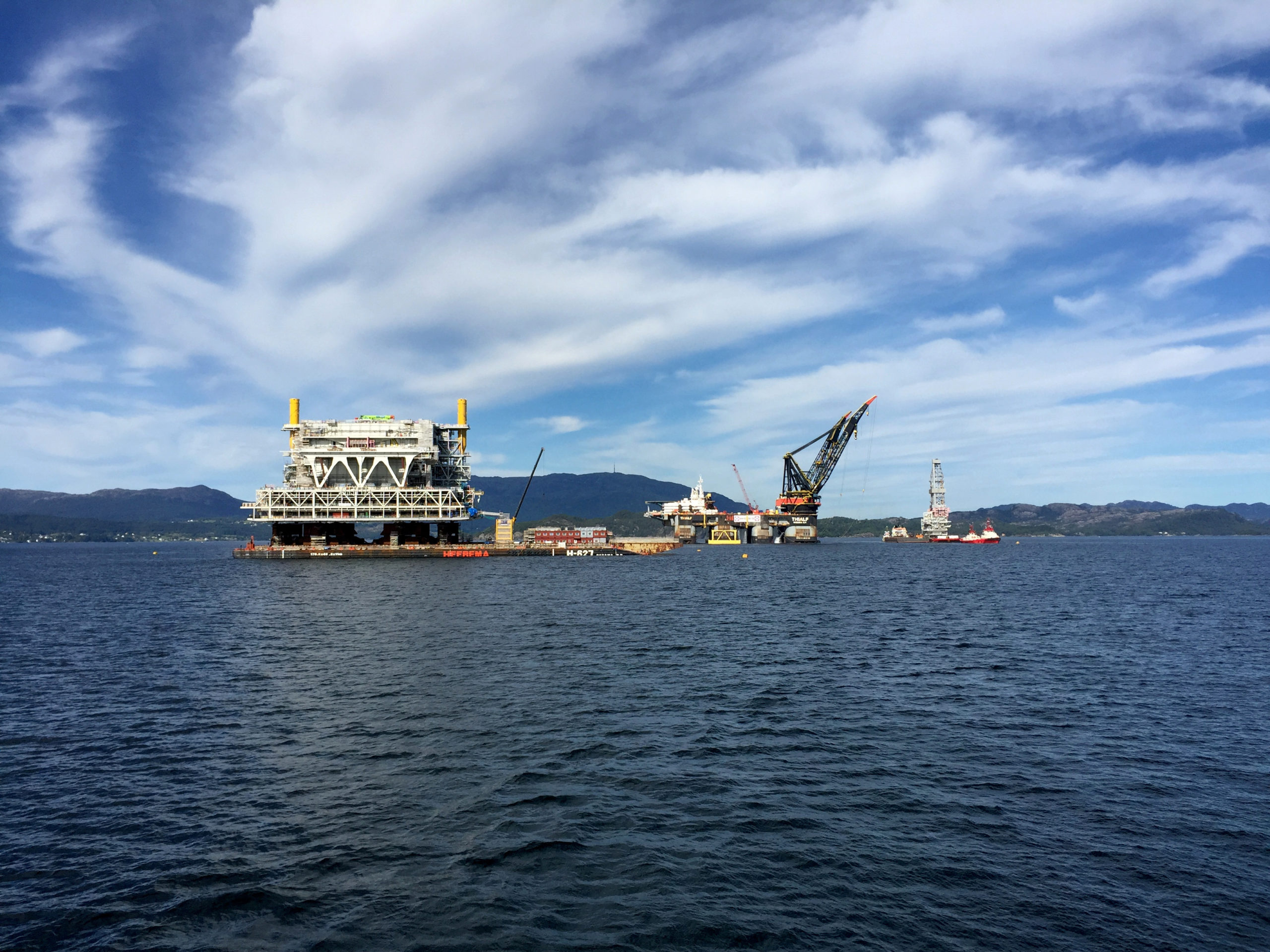Oil firms must step up exploration in Norway’s Arctic, agency says
More than half of the northern part of the Barents Sea has not been opened to petroleum activities, and environmentalists strongly oppose drilling there.

OSLO—Oil companies in Norway must increase their exploration activity in remote regions like the Arctic Barents Sea to find the remaining reserves of oil and gas beneath the country’s oceans, the Norwegian Petroleum Directorate said on Thursday.
Norway has pumped petroleum from its continental shelf for more than 50 years, but only half the potential resources have been produced so far, and about a quarter of the estimated oil and gas remains yet to be found, according to the agency.
Most of Norway’s production has been concentrated in the North Sea and the Norwegian Sea, while only a few fields have so far opened in the vast northernmost Barents Sea.
“To develop the Barents Sea as a petroleum province, it’s important for the companies to continue to explore less known areas while at the same time drilling near existing fields,” the NPD said in its resource report for 2022.
The NPD estimates the Barents could hold 2.4 billion cubic meters of undiscovered resources, 57 percent of it in the northern part which authorities have not yet opened to petroleum activities and where environmentalists strongly oppose drilling.
Since 2011, more than 80 exploration wells have been drilled in the Barents Sea, but disappointing results have reduced oil companies’ interest in the area.
Only six companies — including Norway’s Equinor and Sweden’s Lundin Energy, now a part of Aker BP — applied for new exploration acreage in the Barents Sea in the 25th licensing round last year, compared to 36 in the 22nd round in 2014.
The lack of gas export infrastructure in the Barents Sea has also meant that oil companies mainly look for oil, not gas.
The European Union’s decision to phase out imports of Russian gas and oil over Moscow’s invasion of Ukraine, however, has increased demand for Norwegian gas, putting its Arctic resources back on agenda, analysts at Wood Mackenzie have said.
“We think there is a role for Barents Sea gas in the supply mix but further exploration in the area is required and it is a tough sell,” the consultancy said in an Aug. 15 report.
The NPD said Arctic gas could be converted into emissions-free hydrogen in combination with the use of carbon capture and storage (CCS) technology, improving its competitiveness.